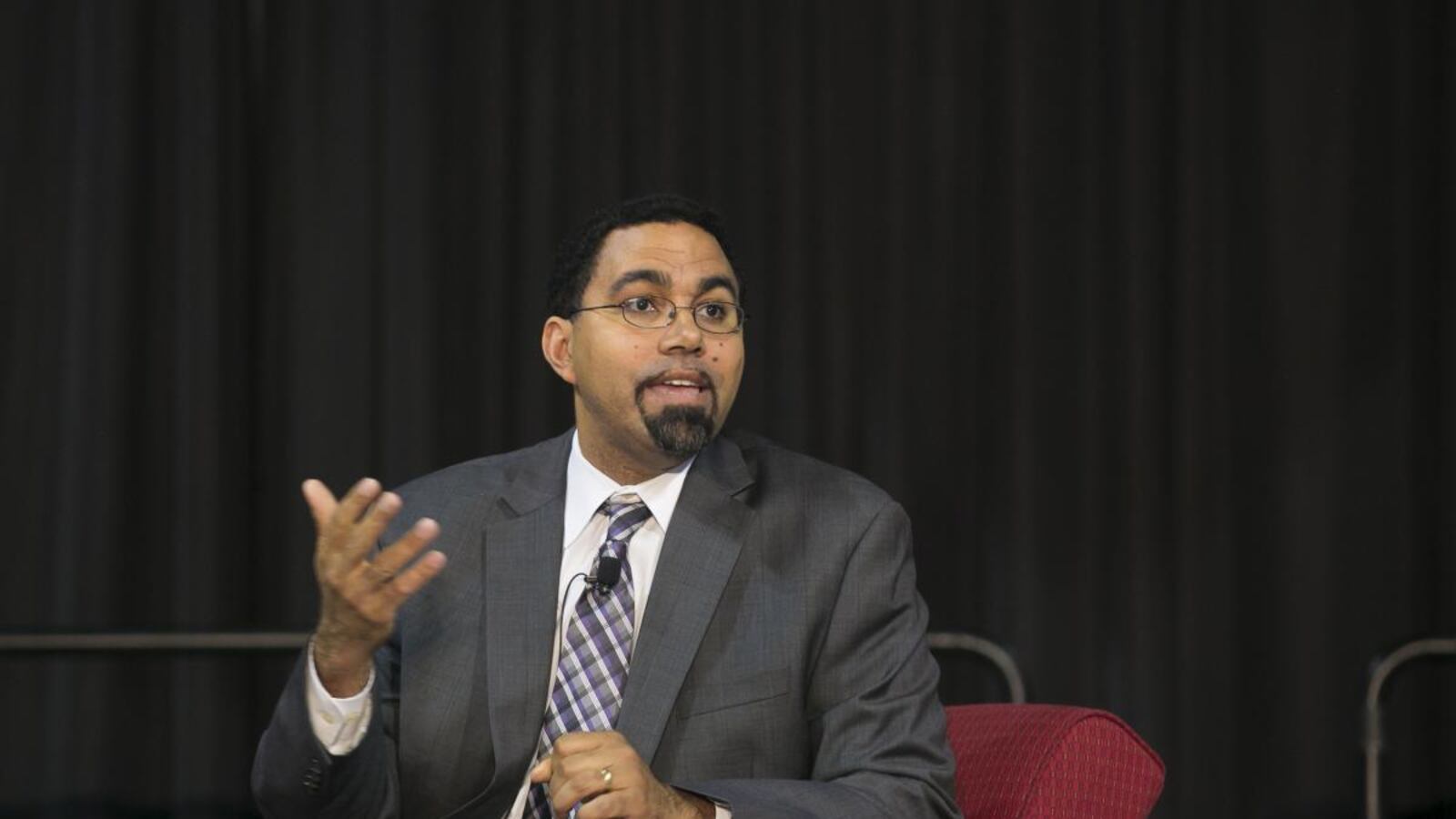The revelation that forces are lining up behind an effort to drop test scores from teacher evaluations jolted Albany on Thursday — and no one was more jarred than advocates who convinced the state to weigh scores in the first place.
For years, those advocates pushed the state to hold teachers accountable for their students’ performance — and they were effective in reshaping the state’s teacher evaluation system starting in 2010.
Three years ago, Gov. Andrew Cuomo channeled those advocates when he pushed through legislation to increase the weight of test scores to as much as half of teachers’ ratings — a move that has never fully gone into effect but that has continued to set the tone in New York even as other states have moved away from test score-based ratings.
So those advocates were dismayed to learn that lawmakers, unions, and possibly even Cuomo want to roll back the teacher evaluation push entirely. In statements and phone calls, they warned that it would be a mistake to abandon that effort now.
“The current effort to permanently undermine New York’s teacher evaluation system takes us backwards, masks inequity, and will lead to more and unnecessary testing,” read a statement from Ian Rosenblum, executive director of The Education Trust-NY. Rosenblum’s group is part of a national nonprofit run by New York’s former education commissioner, John King, who shepherded the state’s evaluation system into existence.
If the evaluation system is abandoned, the state could shift to a model where individual districts create their own evaluation systems and ways to judge student progress. Under the bill, the state could no longer require districts to use state standardized tests in teacher evaluations.
A similar note came from Evan Stone, a founder and CEO of Educators for Excellence, a group that works to get teachers involved in policy making and has backed including test scores in evaluations in ways that its members think are fair.
“Allowing districts to use an array of tests, not only would prevent us from identifying which educators and schools are making progress, it would also mask inequity across our state,” Stone said in a statement. “Contrary to the claims of this bill’s supporters, this proposal does not eliminate testing and would create a fractured system with more tests and confusion for teachers, students and parents.”
The state teachers union, NYSUT, signed off on the original evaluation system that included test scores under duress because the state faced losing federal funds if it had not. But the union has long opposed giving state tests the weight that Cuomo sought — and its president rejoiced in an email to members Friday morning.
“We have been waiting for this day for years,” Andy Pallotta wrote. “Everything about the current system has angered and frustrated educators, parents and students. … There are far better ways to evaluate educators than to use mystery math and algorithms that spit out invalid ‘growth scores’ while subjecting kids to exhausting tests that neither inform instruction nor accurately measure achievement.”
Randi Weingarten, who heads the national American Federation of Teachers, offered a similar take on Twitter:
Advocates said they were disheartened to see that elected officials were moving forward with legislation, rather than waiting for state education officials to put forth a new plan.
“There is already a moratorium in effect,” the Education Trust-NY statement said. “Changes to the current system should be considered as part of the process the New York State Education Department has already outlined, rather than by short-circuiting it.”
So far, state education officials have been silent about the legislation and potential deal, so it’s unclear whether they were caught unaware or see the developments as undermining their own work.
What is clear is that an issue that had appeared to gain unusual traction in New York — that test scores should play at least some role in teacher evaluations — is once again contested, and that changes could soon follow for the state’s educators.

